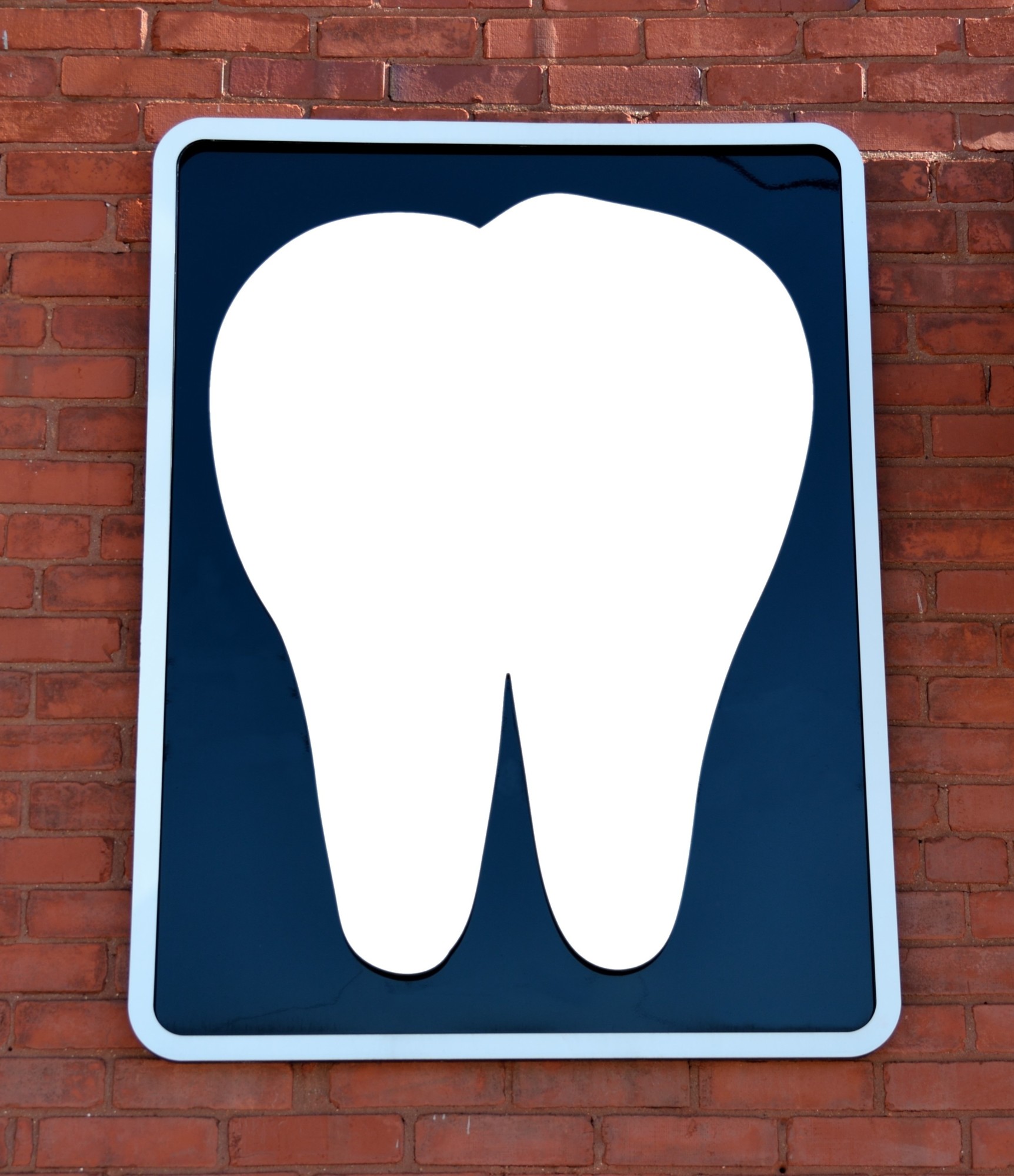More than 1 out of 2 people living in the United States will visit the dentist annually. That’s a number we’ve seen grow as people have found easier access to healthcare since the passage of the ACA.
While it’s heartening to see more people making their dental health a priority, we’re still noticing the same problems with quality of care that we’ve seen for decades.
Not all corporate dental offices and private facilities are created equal. Some do a wonderful job of accommodating clients while others complicate care.
In this post, our team conducts a quick pros and cons comparative analysis between corporate dental care and private dental care. That way, you can better direct your practitioner search and more quickly find the perfect professional for your needs!
Private Dental Offices
Private dental offices are facilities run by a single person or perhaps a couple of partners. These practices are small. They’re non-branched. They also see nowhere near the volume of clients corporate offices do.
Here are several advantages and disadvantages you’ll find when relegating your care to a private office.
Flexibility
Since private dental offices are run by one or two people and those people are likely the dental practitioners that will be working on your mouth, when you need flexible treatment, there’s no need for your practitioner to ask permission. The person working on your smile can immediately provide custom solutions to your issues.
That flexibility may be necessary for people that require individualized care that can’t be systematized which is what corporate offices specialize in.
Support for Small Businesses
Small businesses are the backbones of communities. They collectively employ the majority of the United States. Supporting small businesses helps spread wealth away from large entities and towards individuals.
From a moral standpoint, that advantage is meaningful and something you should recognize.
More Individual Attention
You’ll find that private offices are more likely to know you by name than corporate dental chains. That personalization spills into quality of care and a sense of real investment your practitioner has when it comes to meeting your dentistry goals.
We’ve found that people who are treated with the level of attention they get from private practices are often more likely to want to continue keeping up with their dental care in comparison to people that aren’t treated attentively at chain establishments.
Fewer Resources
The design for a dental clinic you’ll probably see in the private practice arena is typically small, featuring 2 or 3 rooms. Given that lack of scale, treatment options will be limited at these businesses.
For more complex dental work, private practices usually refer patients to other establishments.
Higher Prices
While not always the case, you may find that private practices are more expensive than corporate dental offices. These higher costs come as a result of the fact that private offices don’t get as high a volume of patients.
In some cases, private practices offset higher prices by being more aggressive with billing insurance.
Corporate Dental Offices
Now that you know key pros and cons regarding private dental offices, let’s explore corporate practitioners. Corporate practices are multi-location chain establishments. They employ hundreds of people and see thousands of patients every year. Here are the advantages and disadvantages you need to be aware of with these care facilities.
Easier Scheduling
More locations and more staff mean more appointment availability. Oftentimes, corporate offices can see you within 48-hours of a requested appointment. Some offices even offer same day services.
That scheduling flexibility can be a lifesaver for patients that have limited time to dedicate to dental check-ups.
Lower Costs
Providing thousands with dental services allows corporate offices to feature bulk pricing. This may not be of consequence to you if you have comprehensive insurance.
The truth is though that several people have non-compressive insurance that requires high co-pays. If that sounds like you, bulk cost savings may be significant.
Wider Insurance Options
Speaking of insurance, corporate offices tend to be more liberal when it comes to accepting a wider swath of policies. This is because they can afford to absorb some of the costs some more niche insurers impose for dental treatments.
Insurance may be the most important difference between corporate and private offices. Many privates offices are extremely limited in their insurance acceptance.
High Practitioner Turnover
Looking at drawbacks, dentists that work at corporate offices are usually not there for long. Practitioners have no ownership stake in the corporate practice they’re working at. Because of that, most are open to hopping to other facilities for pay bumps.
That can be troubling to patients if they develop a bond with their dentist.
Systematized Processes
The name of the game for corporate dental chains is treating patients en-mass. The way they treat people en-mass is by systematizing care.
One-size-fits-all treatments work for the majority. For more unique dental needs, you may not find the care you need in that model though.
Which Dental Practitioner Is Right for You?
We’ve taken you through all of the primary factors that are worth considering regarding private practice dentistry and corporate dental offices. Deciding which one is right for you is now a personal decision you’ll have to make.
Whatever you choose, we hope that you end up with a practitioner that gives you the care you’re craving.
Do you need more guidance on this topic? If so, our team is standing by with extra health, beauty, and lifestyle content on our blog!











